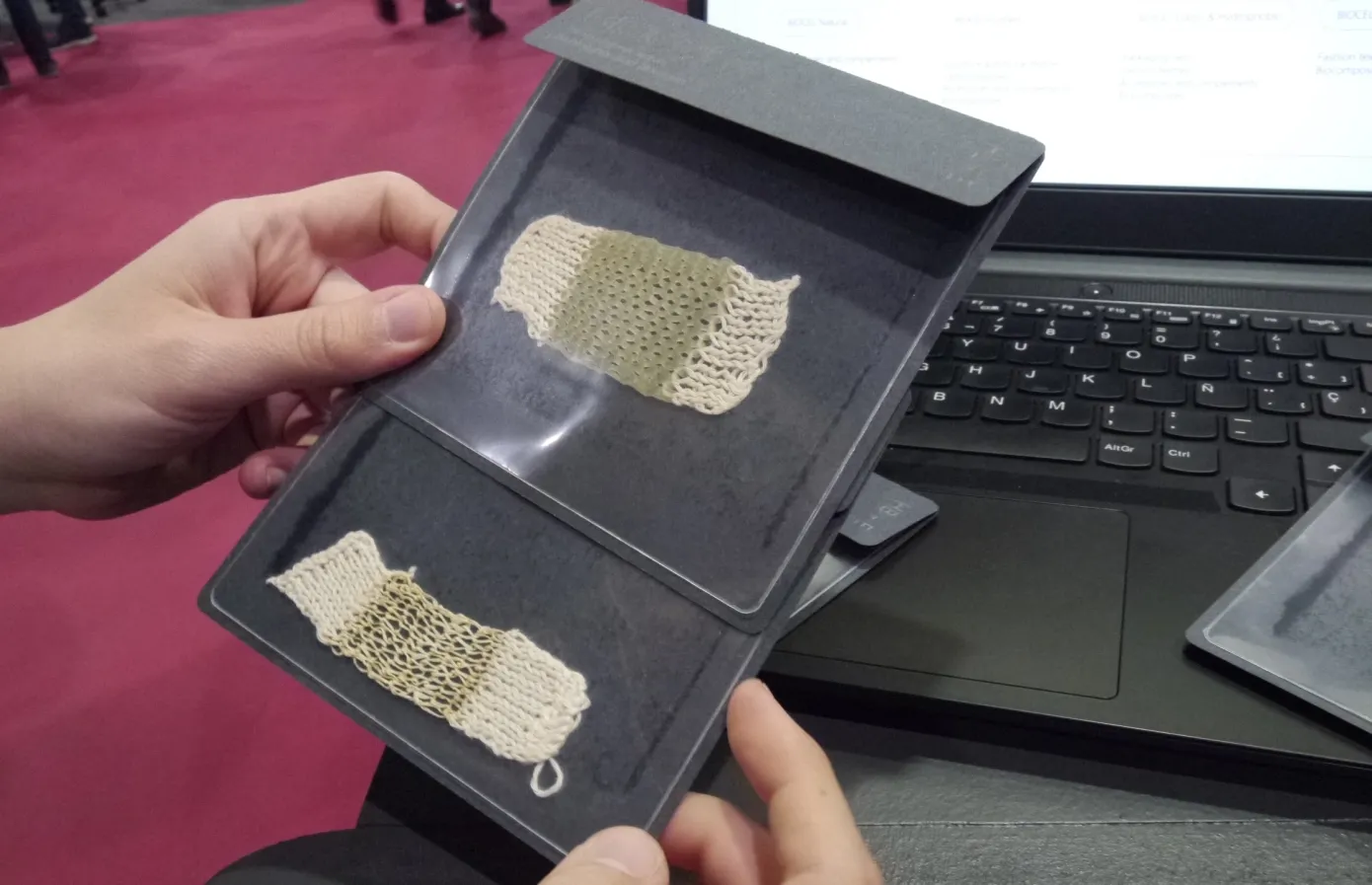It appears that kombucha can be utilized to create environmentally friendly thread

Laura Freixas’s PhD research project at the Barcelona School of Design and Engineering is turning kombucha, a fermented tea, into biodegradable filaments by upcycling organic waste. These filaments can then be knitted into fabrics with various properties, such as elasticity or water resistance. The project, known as Biocel, aims to provide an eco-friendly alternative to materials like cotton or plastic, addressing challenges in the textile industry. The research team at Elisava is working towards commercializing this bio-filament, offering a sustainable solution to textile production.
Freixas highlighted the technological advancements in their production process, including the development of a machine to automate and monitor production and a digital platform for production control. Additionally, they have a patent pending for a method to control the tension of the filaments, enhancing the quality and consistency of the bio-filament.
She also discussed potential applications for the bio-filament, such as weaving it into accessories like shoes and bags, creating biodegradable netting for product packaging, or producing textiles for furniture.
While the current texture of the bio-filament may not be suitable for applications where direct contact with the skin is required due to its relatively rough texture, Freixas expressed optimism that ongoing research and experimentation with different treatments could improve its finish.
Freixas emphasized the importance of collaboration with companies that have genuine needs for their product, aiming to develop tailored applications together to validate and eventually scale their solutions in the market.













